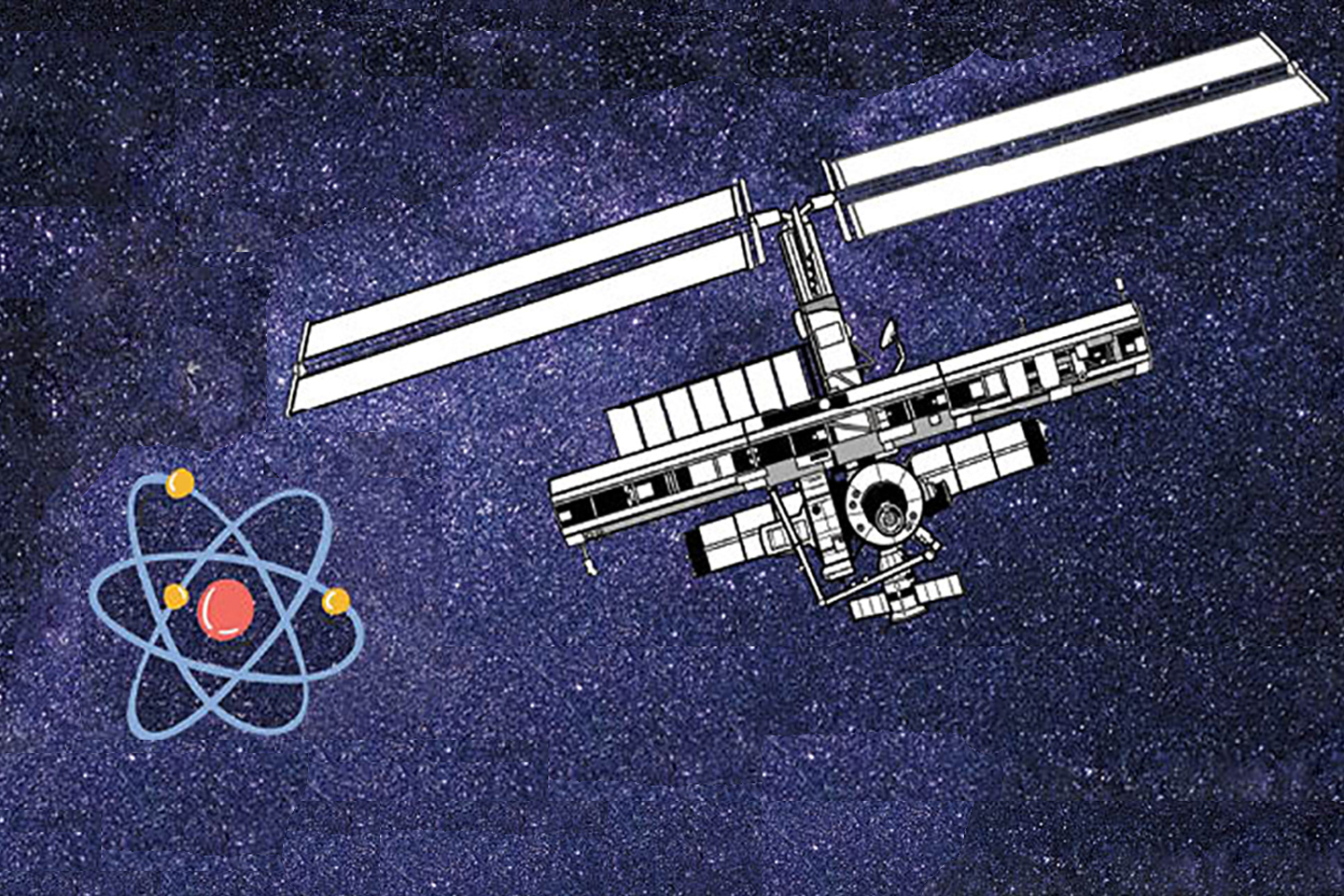
Global Languages is making an important addition to its roster of Russian language subjects. 21G.615 Russian V: Russian for STEM will be offered starting in fall 2021.
The new subject will be taught by Senior Lecturer Dr. Maria Khotimsky. Khotimsky devised the idea for the new class based on her experiences teaching Russian and talking to students. She explained, “I found that many MIT students were excited to discuss scientific and technical research in class. In addition, students who had worked in Global Teaching Labs and summer internship projects explained to me that they wished they had more professional vocabulary. Students in fields like aerospace engineering, physics, mathematics, Internet Technologies and Cybersecurity were interested in developing advanced-level reading skills for future professional purposes.”
In preparation for developing the new class, Khotimsky tested the waters by offering a special subject on Russian for scientists and engineers (21G.S01) in the fall of 2020 (offered online due to Covid-19 restrictions). The development of this class was possible thanks to a grant from the MIT-Russia Program / MISTI and the Skolkovo Institute of Science and Technology (SkolTech). Skoltech is a private graduate research institute in Moscow, Russia, established in 2011 in collaboration with MIT. Khotimsky noted her excitement that two students from this class, Mariela Perez-Cabarcas and Hannah Tomio, were selected as finalists for the competitive U.S. Department of State Critical Language Scholarship Award.
The class had thematic modules on math, physics, chemistry, biology, the internet, aerospace technology, and space exploration. Students also had a chance to learn about contributions by Russian scientists and inventors, past and the present. In each unit, students covered key vocabulary in particular fields, and analyzed new grammar and syntactical constructions that are typical for articles on science and technology.
One highlight of the class was a visit by guest speaker Slava Gerovitch, MIT Department of Mathematics, who spoke about the legacy of the Soviet-era space exploration, and shared his research interviewing Soviet cosmonauts and space industry employees. Students also had a chance to participate in virtual language exchange conversations with Russian peers from SkolTech. As their final project, students prepared a video presentation on a topic of their own professional interest, or a topic in the history of science in Russia. Several presentations addressed space exploration history, such as the history of the earlier Soviet space stations, Mir and Soyuz; and Soviet space survival experiments. Other topics included Aleksandr Popov’s contribution to the development of radio; new developments in Artificial Intelligence and Neuro-Cognitive Interfaces in Russia and in the U.S. Students brought their personal experiences to their presentations; for example, Keenan Albee showcased his collection of Soviet space-themed pins (“znachki”), and Hannah Tomio shared her ongoing research into CubeSat technologies.
Student response
Students who took the class were enthusiastic about the opportunity to connect their expertise in science and engineering with their passion for Russian language and culture, and to explore new facts about science and technology in Russia both through class tasks and through their conversations with peers in Russia.
Suzanna Jiwani, Class of 2022, Course 6 said the class helped prepare her to read and speak in Russian in a professional work environment.
Hannah Tomio, a PhD Student in AeroAstro, gave a presentation to the class in Russian on her own research on small satellites and laser communications. She said, “Being able to discuss my research in Russian has long been one of the ultimate goals of my language study, and I’ve made a lot of progress through this course.” She said she was also thrilled to have a chance to talk with Slava Gerovitch. “I first read his monograph, Soviet Space Mythologies: Public Images, Private Memories, and the Making of a Cultural Identity, when I was an undergrad, and it was essential for shaping my thinking as I wrote my bachelor’s thesis.”
Another PhD Student in AeroAstro, Keenan Albee, said “My personal favorite part of the course was the varied and authentic technical reading assignments, which have already helped to improve my comprehension of Russian scientific writing.”
Important addition to class offerings
Khotimsky pointed out that Russian for STEM will be an important addition to Global Languages class offerings as it “allows our students to connect their passion for Russian language and culture with their professional fields, and to build advanced-level language skills based on the strong foundation in science and technology that they already possess. Students also gain new insights into social and historical contexts by exploring the contributions of Russian scientists and learning about the history of international collaboration in different fields.”
This new subject joins other ”language for specific purposes” subjects that are also popular at MIT, such as 21G.120 Business Chinese, 21G.705 Intensive Beginning Spanish for Medicine and Health and 21G.711 Advanced Spanish Conversation and Composition: Perspectives on Technology and Culture.
Maria Khotimsky is the recipient of two student-nominated awards at MIT this year: the James A. and Ruth Levitan Teaching Award in the School of Humanities, Arts, and Social Sciences and the Teaching with Digital Technology Award.
Russian student DaMarcus Patterson explains a chemical reaction that occurs when cleaning a silver mouthpiece from a musical instrument.
Russian student Mariela Perez-Cabarcas discusses properties of magnets.
